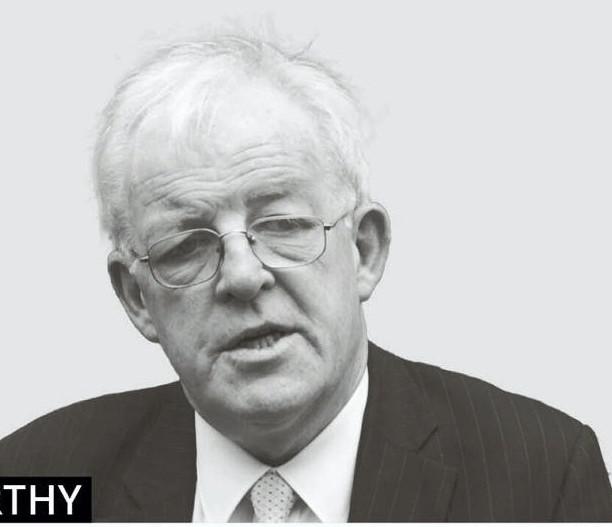Disney’s hit sequence Pirates of the Caribbean was not summoned out of thin air by some Hollywood scriptwriter.
Throughout the eighteenth century Nassau, capital of the Bahamas, was a popular sanctuary for rogues and vagabonds who plundered the merchant vessels plying the tropical seas of the western Atlantic and the Gulf of Mexico.
The colonial navies eventually restored order but the tradition of plunder lives on. A couple of weeks back, a Nassau-based cryptocurrency exchange called FTX, one of the world’s largest, collapsed in spectacular fashion leaving investors in the hole for up to $10bn according to estimates in the financial press. Just how an exchange, which supposedly buys and sells financial assets only as agent for retail investors, could lose such vast amounts of money is unclear.
Two possibilities are that the people running the company were punting the market with clients’ money and lost heavily, or that somebody stole it.
The most popular cryptocurrency is called bitcoin and its price has collapsed to around €16,000 recently from over €50,000 a year ago. If you own bitcoin bought last year, you are down around 70%. This is pretty painful, but it could be worse.
If you bought through some trading outfit that has filed for bankruptcy like FTX, your “asset” is nowhere to be found, so it looks like the loss is 100%.
Anyone can invent a new cryptocurrency and there have been hundreds of initial coin offerings, traded on exchanges in places like Russia, Kazakhstan or some exotic spit of sand in the south Pacific.
These are supposed to be currencies, like the pound sterling or the US dollar, which can rise or fall. But only a little. Numerous cryptocurrencies have simply disappeared in a cloud of smoke and are now worth nothing at all.
There have been cyber-attacks and clients’ money has been stolen by Mafiosi and scam-artists. The crypto ‘industry’ is for all practical purposes unregulated and the FTX exchange is being investigated, belatedly, by US and other law enforcement agencies.
Just why fools are so readily parted from their money has puzzled students of financial markets for centuries. Cryptocurrencies are not currencies in the everyday sense.
No government or central bank oversees them, no securities regulator undertakes investor protection. They are not legal tender and their value is whatever the next fool is willing to pay.
The ‘industry’, however, promotes a libertarian ideology and there is an army of evangelists who peddle the virtues of a currency for which nobody takes responsibility.
Some governments have begun to move against crypto, alert to its use by criminal organisations
Bitcoin, for example, is ‘free of government’ and will somehow retain value, even though it fulfils none of the traditional functions of money. It is not even a credit on a ledger maintained by a reputable financial institution. That this feature could be turned into a virtue testifies to human gullibility and to the ease of anonymous transactions enabled by the internet.
Some governments have begun to move against crypto, alert to its use by criminal organisations for drug trafficking and ransom payments.
Others, including the government of the Bahamas, have foolishly welcomed outfits like FTX, believing that this is the wave of the future and will bring jobs and prosperity.
Scams
As the pattern of scams and bankruptcies unfolds, most governments have chosen to warn people gently, wait for them to lose their money and let the Ponzi scheme blow itself out.
Central banks and securities regulators have enough on their hands without building an apparatus of supervision for the financial Dodge City which is crypto.
Many people have already lost serious money, more will do so in the years ahead, some wide boys will get lucky, but the ‘industry’ is just not big enough to threaten financial stability.
A more important task is the oversight of the evolving payments industry and the development of central bank digital currencies, where China has taken the lead and the European Union looks set to follow.
There is a better option for people with spare cash and a high level of trust in free advice from strangers. Regular race meetings are held around the country, where punters can watch their money vaporise in broad daylight.










SHARING OPTIONS